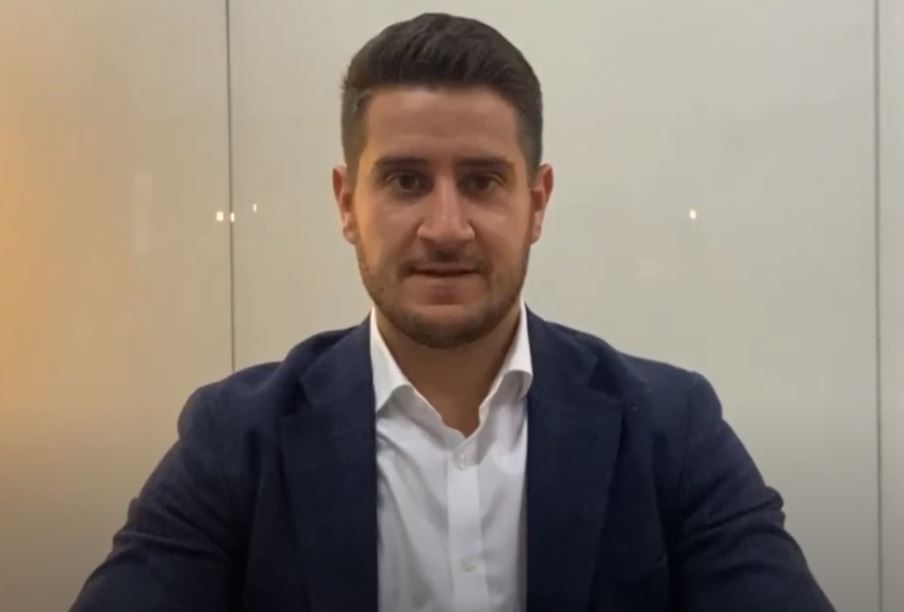Written by Rachel Alembakis in MoneyMag
Between the bushfire crisis early this year and the COVID-19 pandemic, people are more aware that environmental and social issues impact every part of their lives, including their investments.
There’s strong demand for products that that take into account environmental, social and corporate governance (ESG) issues.
Many super funds and managed fund providers are beginning to meet that demand either by changing the way they invest or offering new investment options to consumers.
But how do you make sense of the different labels that are applied to managed funds, super fund investment options or other investment products?
At the moment there’s no industry standard or definition, but here are some common terms to help you navigate the world of ESG:
1. Environmental
The way a company operates and how it impacts the physical environment; and how its leaders deal with climate change, waste, water scarcity, natural resources, etc., when making investment decisions.

2. ESG integration
The way environmental, social and corporate governance information is used in the investment process to lower risk and/or increase return.
This is increasingly considered as part of everyday investment decisions.
Considering both financial and non-financial factors is also a good way to minimise risk and increase return.
3. Ethical investing
This considers an investor’s moral and ethical views when designing a portfolio – it might include a stand on alcohol, religion, arms and more.
4. Governance
How company boards and executives make decisions about how they operate for shareholders, customers and communities. It is considered an important determinant on the long-term sustainability of a business. This includes employee retention and satisfaction, executive pay, diversity and inclusion, corporate culture, and customer engagement and satisfaction among other issues
5. Impact investing
This refers to investments that explicitly target social and/or environmental performance metrics.
For example, investing in social housing and green bonds (bonds where the funds are used to build renewable energy, or reduce energy consumption).
6. Negative screening
This is the setting of screens to remove investments in areas deemed as being contrary to ESG principles.
Common negative screens include tobacco manufacturers, arms providers, nuclear energy, gambling, alcohol and adult entertainment.
Increasingly, fossil fuels are also fall into negative screening territory.
7.Positive screening
The opposite of negative screening – increasing investments in areas deemed to have strong performance on environmental, social and governance measures.
8. Responsible investment
This refers to activities that use ESG information to design portfolios and investments that return a positive social and/or environmental benefit, as well as a financial return.
9. Social
This includes a company’s impact on human rights, its social license to operate, community engagement, future of employment, focus on diversity and financial inclusion/exclusion.
10. Socially Responsible Investing (SRI)
This term has become popular to describe a number of super fund investment options.
It means investing in companies that consider both positive good financial and environmental and social performances.
Contact
Get In Touch
We are available to chat just give us a call on 0434 955 417 or 0411 472 213
If you prefer to send an email question/query through the best address is info@peakwm.com.au or simply fill out your name, email address and a short message including your phone number will get back to quickly.

Unlocking Financial Confidence for High-Income Earners in 2025
For high-income earners in Australia, financial success doesn’t always equate to financial peace of mind. As professionals and business owners navigate their wealth-building journey, they often encounter complex challenges that require expert guidance. At Peak Wealth...

What To Expect From The Initial Meeting With A Good Financial Adviser
What to expect from the initial meeting with a good financial adviser? In our last video we helped you to understand what to look for in a good financial adviser. Now once you have found that adviser you’d like to catch up with, I really want you to have an...


